Why Your Coffee Tastes Burnt and How to Fix It The Kitchen Journal
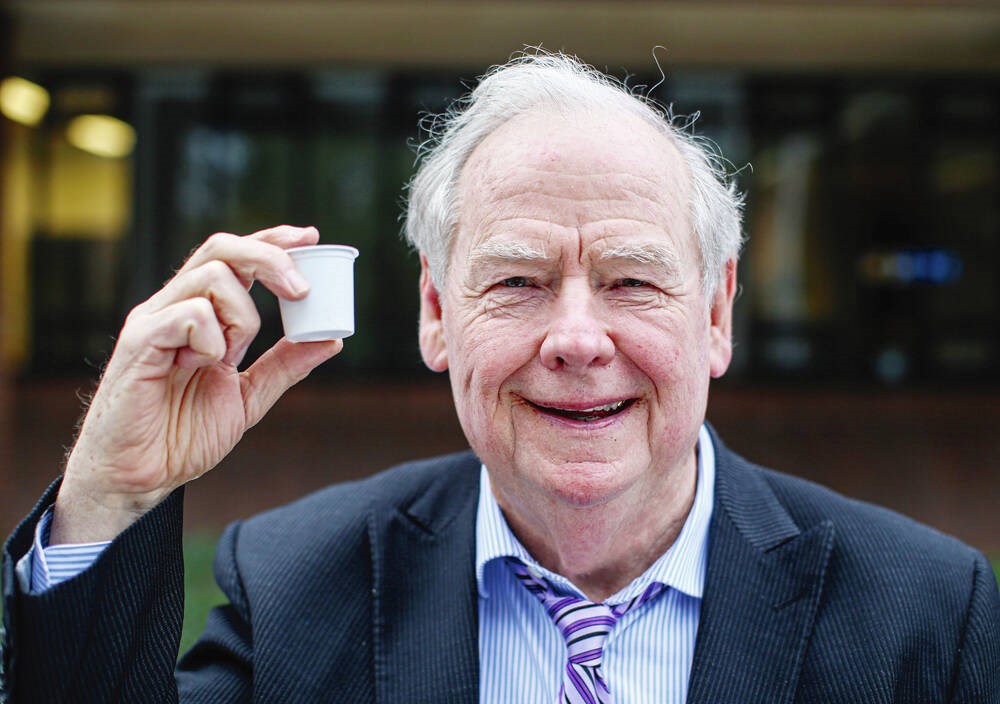
Can Keurig KCup coffee pods be recycled in Canada? Victoria Times
Why Keurig Coffee Taste Burnt. It is somewhat unusual for coffee to taste burnt or plastic-like, so drinking coffee with this foul taste will surely ruin someone's day. However, why does Keurig coffee taste burnt in the first place? One possible cause would be the type of coffee bean used. The dark roasts are usually made from Robusta beans.

Why Your Coffee Tastes Burnt and How to Fix It The Kitchen Journal
There are several reasons why your Keurig coffee may taste bad, bitter, burnt, weird, or like plastic. One possibility is that the machine needs to be cleaned or descaled to remove mineral buildup that can affect the taste of your coffee. Another possibility is that the coffee pods you're using are low quality, stale, or expired.

Why Does My Keurig Coffee Taste Burnt And How Do I Fix It?
This will result in getting a tiny bit of vinegar in your coffee every time. Vinegar can make your coffee taste burnt or it will just taste gross. If you have cleaned and descaled your Keurig with vinegar, rinse it with at least a full tank of water. This will ensure that all the vinegar from the descaling process is flushed out.

Why Keurig Coffee Tastes Burnt Turn Every Cup From Bitter To Better
The next parts will discuss how to adjust the water temperature for the ideal Keurig coffee. Common Causes of Burnt-Tasting Coffee. Burnt Keurig coffee is annoying and disappointing. Resolving this problem starts with identifying its common causes. Water Overheating. Hot water is a major cause of burned Keurig coffee. Keurig machines brew at.

Keurig Single Serve Coffee Maker Kohls / Ambiano Single Serve Coffee
Your Keurig is designed to heat the water to 192°F (89°C), just shy of the ideal 195°F. But water that is over 205°F will over-extract the ground coffee beans and cause them to turn bitter. This may give you a burnt taste when sipping your morning brew. You could try using a thermometer to check the temperature of your coffee.

5 Reasons Your Coffee Tastes Burnt (And How To Fix It!)
If you've noticed that your coffee from the Keurig machine tastes burnt, you're not alone. Many Keurig users have experienced this issue, and there are a few common reasons behind it. One possible reason is that the water temperature in your Keurig may be too high, causing the coffee grounds to burn and resulting in a bitter taste..

4 Pack Keurig Coffee Filter Reusable K Cups Replacement for Keurig 2.0
This will help the through flow of water and prevent the burnt bitter taste. 5. Dark roast. When trying to achieve a dark roast coffee, it is best to remember that the dark roast beans have been roasted to the fullest degree for the uniquely strong taste. Too much contact time with the water will literally burn them.
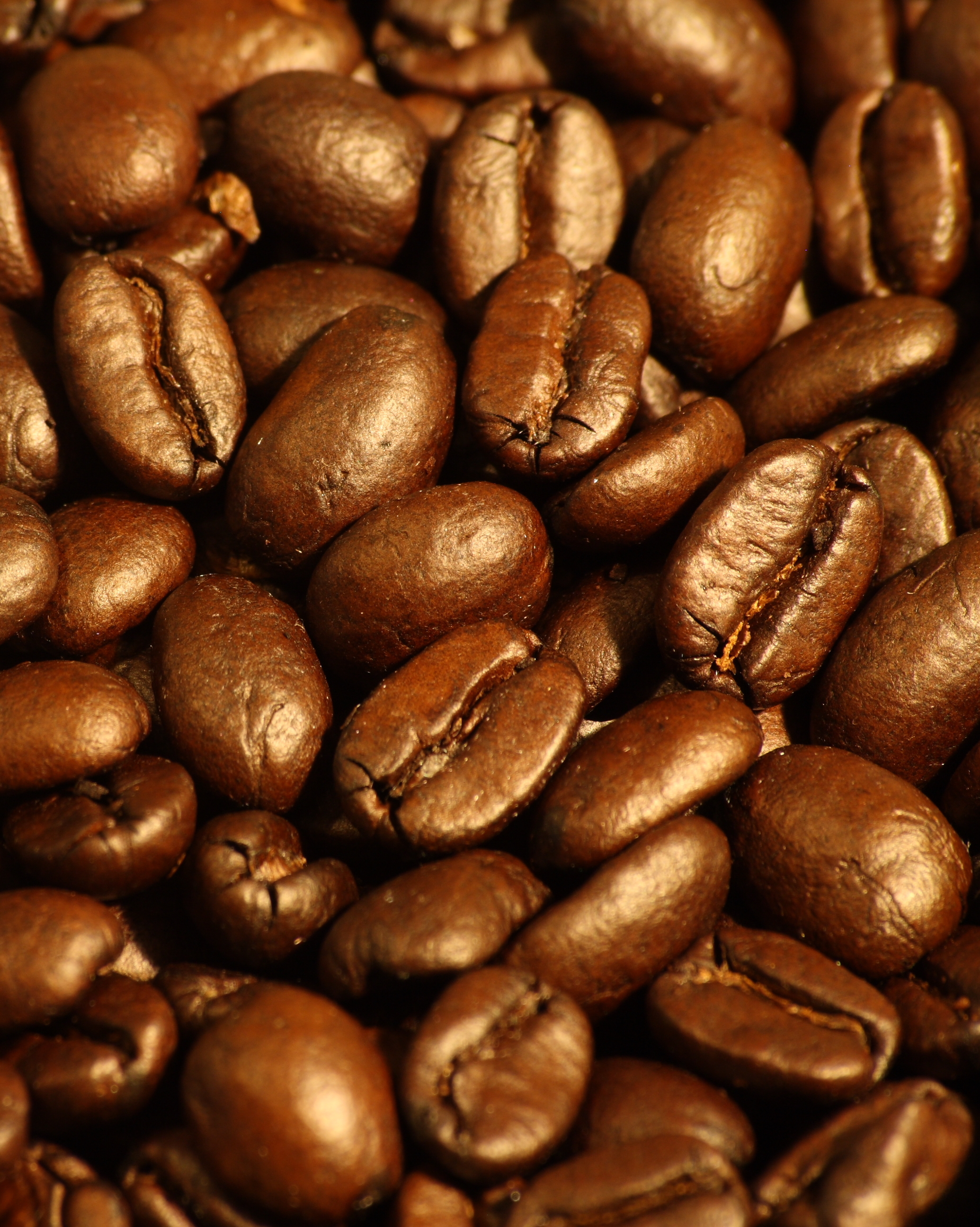
FileDark roasted espresso blend coffee beans 2.jpg Wikipedia
Remember to descale your Keurig using Keurig's descaling solution, white vinegar, or even baking soda. This will help break down any mineral buildup in the machine, flush out debris in the interior and remove plastic taste. It can also help eliminate oil buildup, which can make your Keurig coffee taste burnt.

Quick get a Keurig coffee maker for just 35 in Walmart's early Black
Keurig Coffee Suddenly Tastes Burnt, Bitter or Bad. A common mistake that can lead to burnt, bitter or bad tasting coffee is over brewing a K-cup. Never use a K-cup twice. Also, if you like to make medium or large cups, it is best to use a dark or medium roast pod. If you like lighter roasts but you want a large cup, you should brew two pods.

Keurig Coffee Machine Problems 7 Common Issues (Simple Fixes
If Keurig coffee tastes burnt, bitter, or stale start by thoroughly cleaning the machine, descaling the Keurig and changing the water filter. But also ensure high-quality K-cups are being used with coffee that is made from 100% arabica beans.

PERFECT MATCH TO YOUR KEURIG Brew fresh by using your own coffee
Dirty machines are the top reason for burnt/bad-tasting Keurig coffee. Using stale coffee beans or old K-cups can also cause bad flavor. Use a 6 oz brew size for the best flavor. Choose Arabica beans and medium roasts to avoid a bitter/burnt taste. Add milk or lemon drops to help reduce bitterness if needed.

Why Does My Keurig Coffee Taste Burnt? (How To Fix It!) Jontic
Coffee bean oil buildup can contribute to a burnt taste in your Keurig coffee. Over time, the oils from the coffee beans can accumulate in the Keurig machine and on the brewing components, causing a bitter taste. To fix this, it is recommended to regularly descale the machine, which involves running a solution of water and a descaling solution.
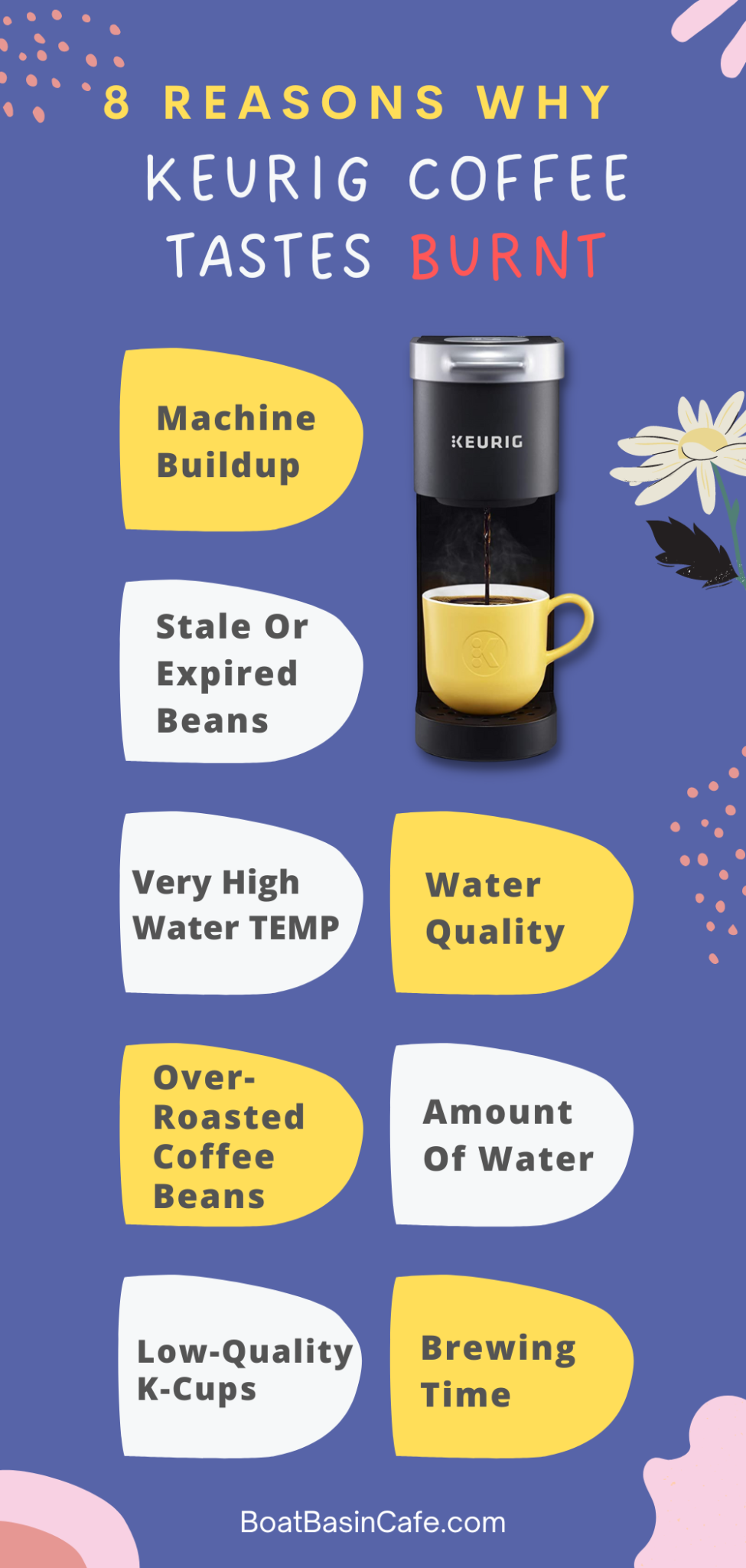
Why Keurig Coffee Tastes Burnt Turn Every Cup From Bitter To Better
2 What Causes Burnt-Tasting Coffee In Keurig Machines. 2.1 Understanding the Role of Water Temperature in Keurig Brewing: 2.2 How Improper Cleaning Can Affect Your Coffee's Flavor: 2.3 Using the Correct Coffee-to-Water Ratio for Optimal Taste: 3 The Impact Of Old Or Expired K-Cups On Your Morning Cup; 4 Troubleshooting Common Keurig Issues.
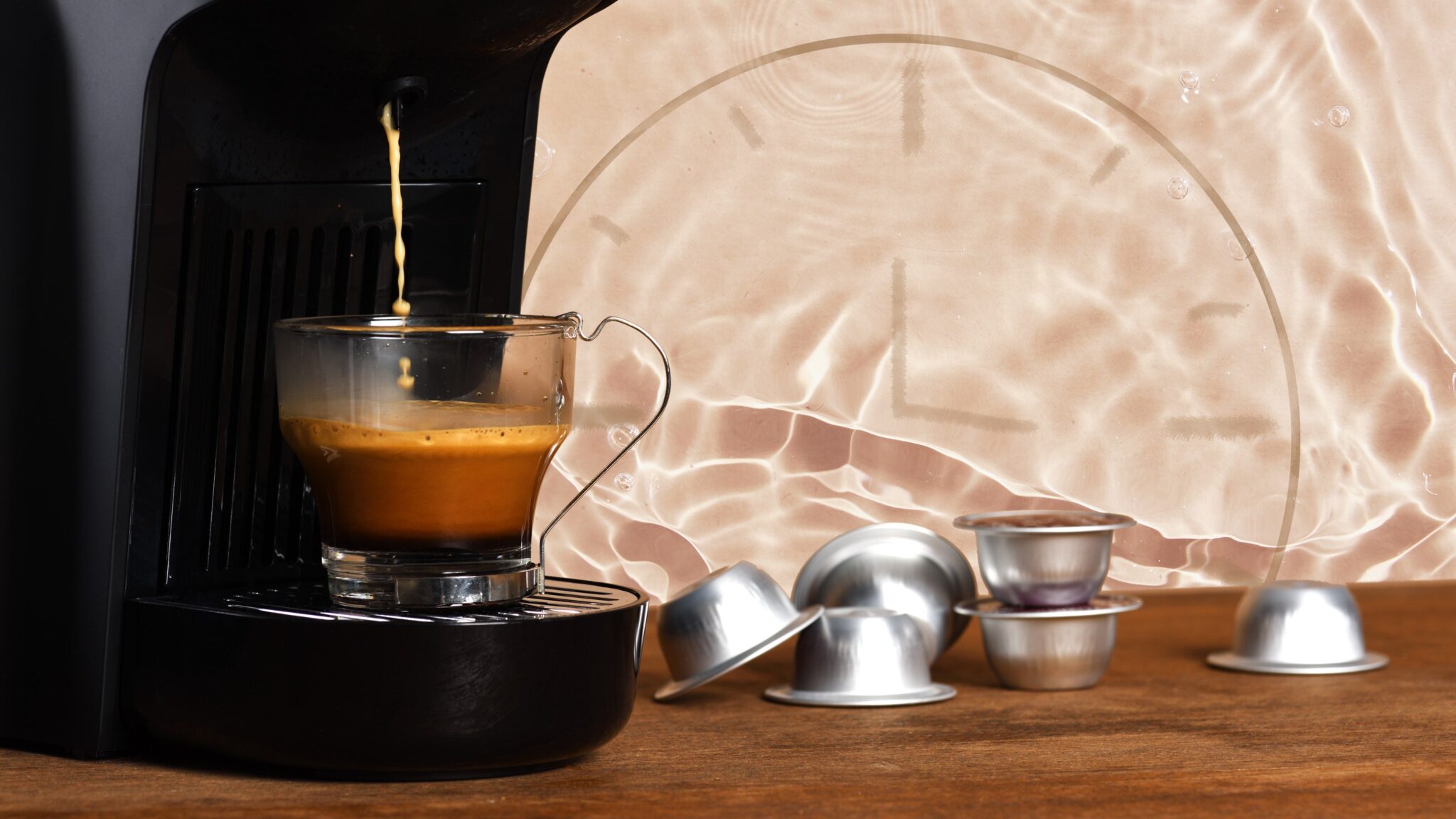
Why Keurig Coffee Tastes Burnt Turn Every Cup From Bitter to Better
14 - Descaling Keurig K-cup Coffee Machine to Restore Taste. The most effective way to descale Keurig machine is using white vinegar. It is a disinfectant, has acidic properties to dissolve the residue accumulating within the machine. Fill the water reservoir with vinegar and keep brewing till it runs out.
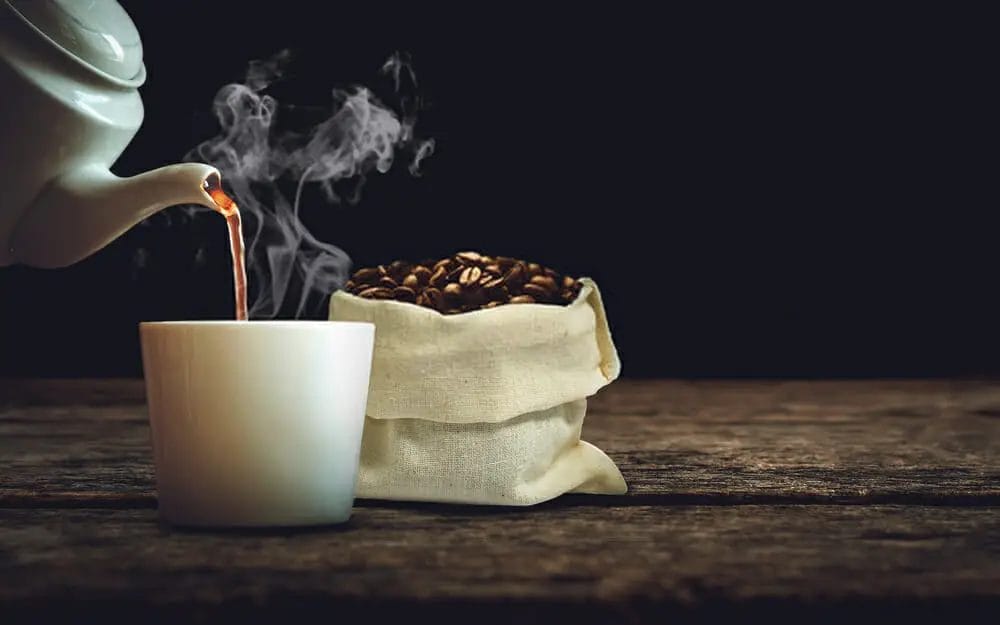
Keurig coffee tastes burnt, reasons and how to improve
"Burnt tasting" coffee has an unpleasant and overpowering bitter, charred, or smoky taste. Coffee beans that have been sitting around for too long can produce a burnt or bitter taste. But there are several other factors that contribute to burnt, sour, or bitter coffee. 9 Reasons Why Your Keurig Tastes Burnt, Sour, Or Bitter

FileCoffee beans unroasted.jpg Wikimedia Commons
Coffee beans that are over-roasted can result in a darker and more bitter flavor, leading to a burnt taste in your Keurig coffee. The grind size of your coffee can impact the taste, with a fine grind potentially causing over-extraction and bitterness, while a coarse grind may result in under-extraction and a weak flavor.